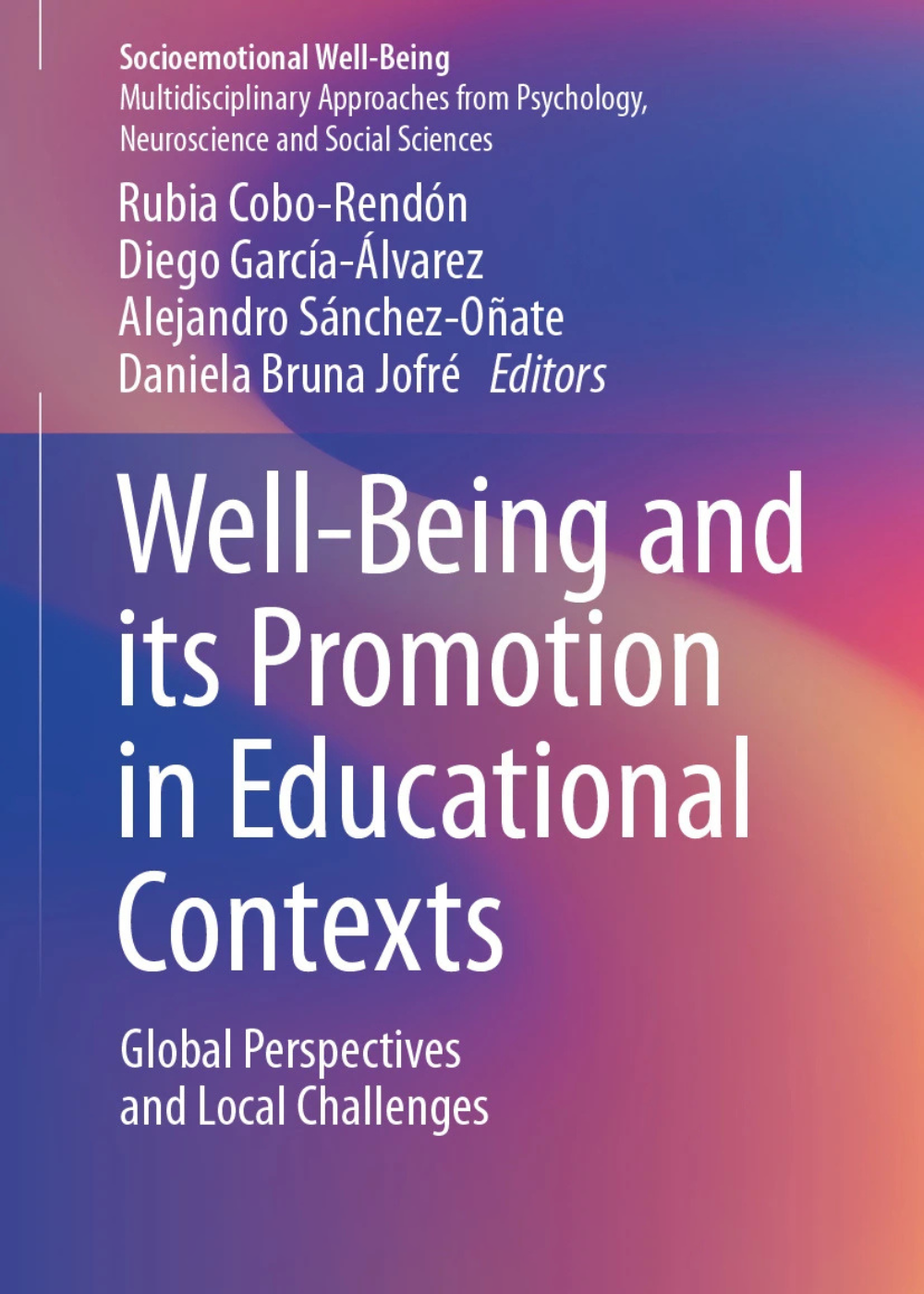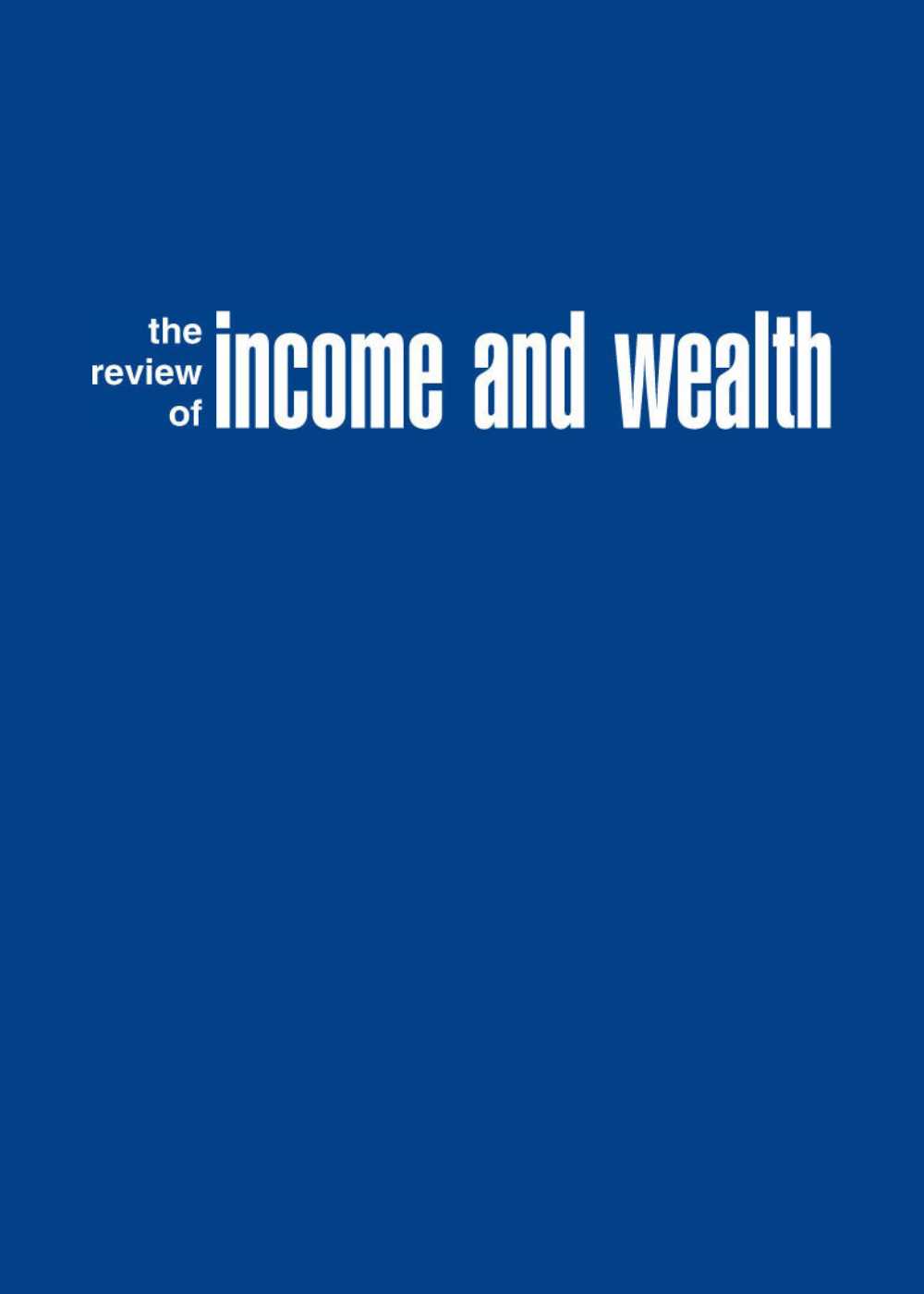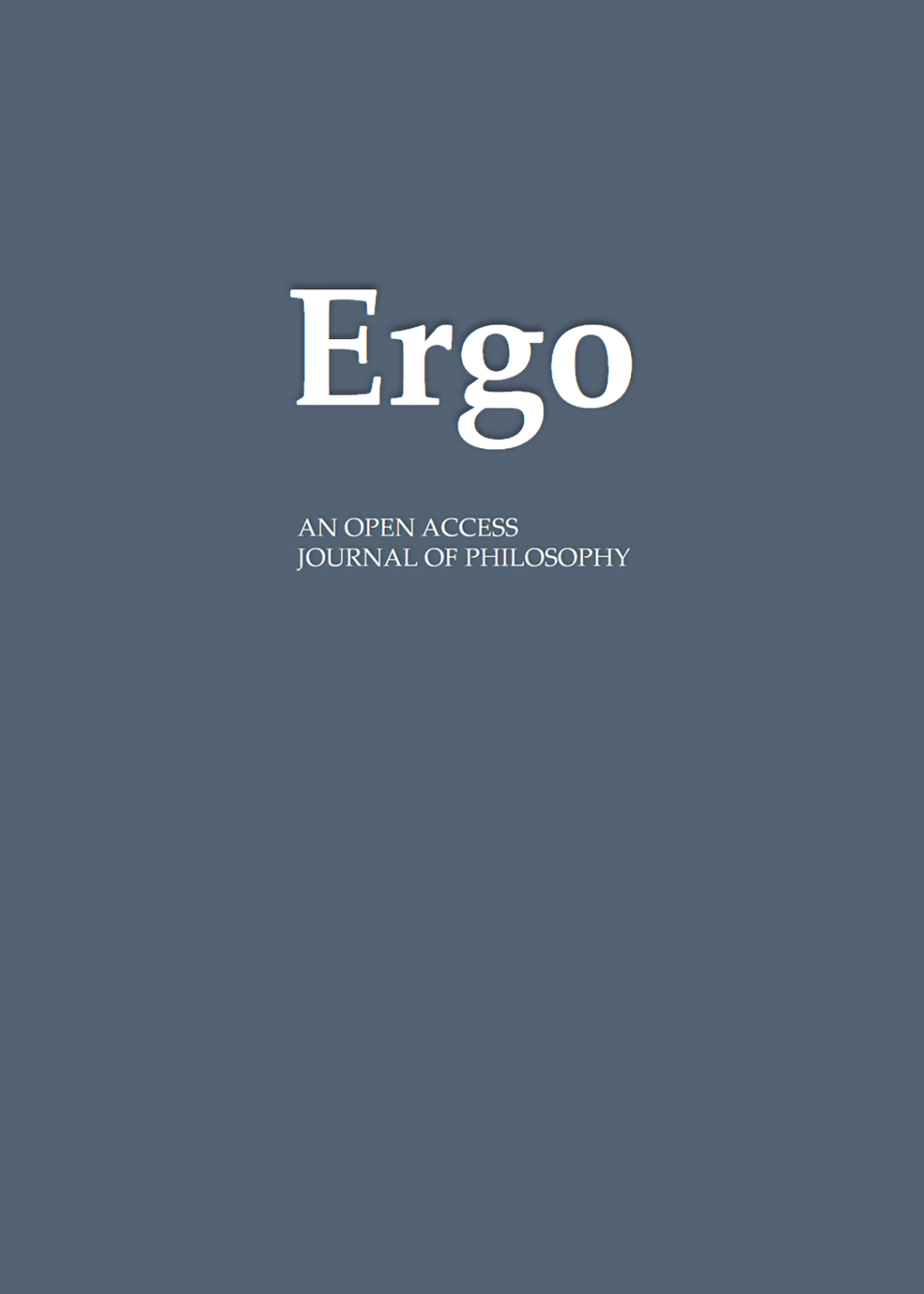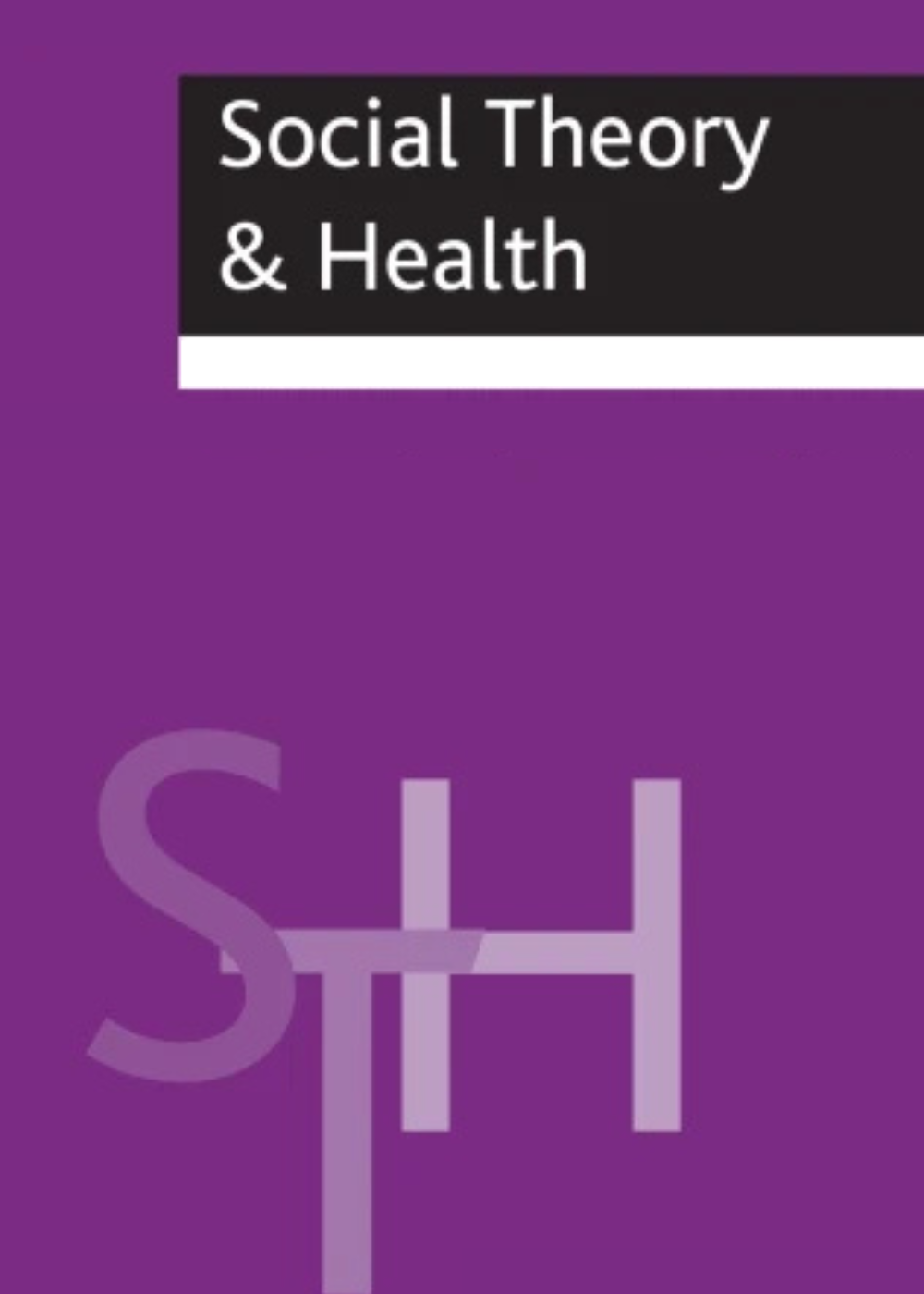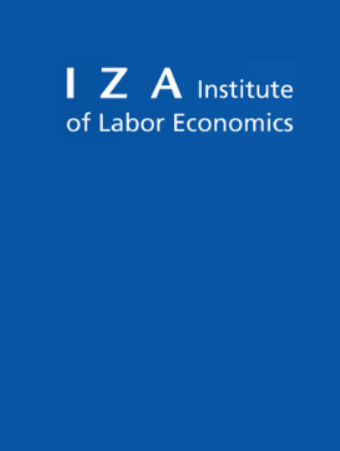
Bowling with Trump: Economic anxiety, racial identification, and well-being in the 2016 Presidential election
Institute of Labor Economics
Mark Fabian, Jan-Emmanuel De Neve & Robert Breunig
Abstract
We use well-being data from the Gallup Daily Poll and a measure of racial animus derived from Google search data to explain why racial identification became politically salient in the 2016 Presidential Election. We find that the oft-observed positive relationship between racial animus and Trump’s vote share is eliminated by introducing an interaction between racial animus and a measure of the basic psychological need for relatedness. We also find that rates of worry have a strong and significant positive association with Trump’s vote share, but this is offset by high levels of relatedness. Together, these two results imply that racial voting behavior in 2016 was driven by a desire for in-group affiliation as a way of buffering against economic and cultural anxiety. Such behavior is well established in laboratory studies in self-determination theory and worldview defense theory. We find no effect on Trump’s performance from social capital or exposure to trade shocks. This suggests that the economic roots of Trump’s success may be overstated and that the need for relatedness is a key underlying driver of contemporary political trends in the US.

